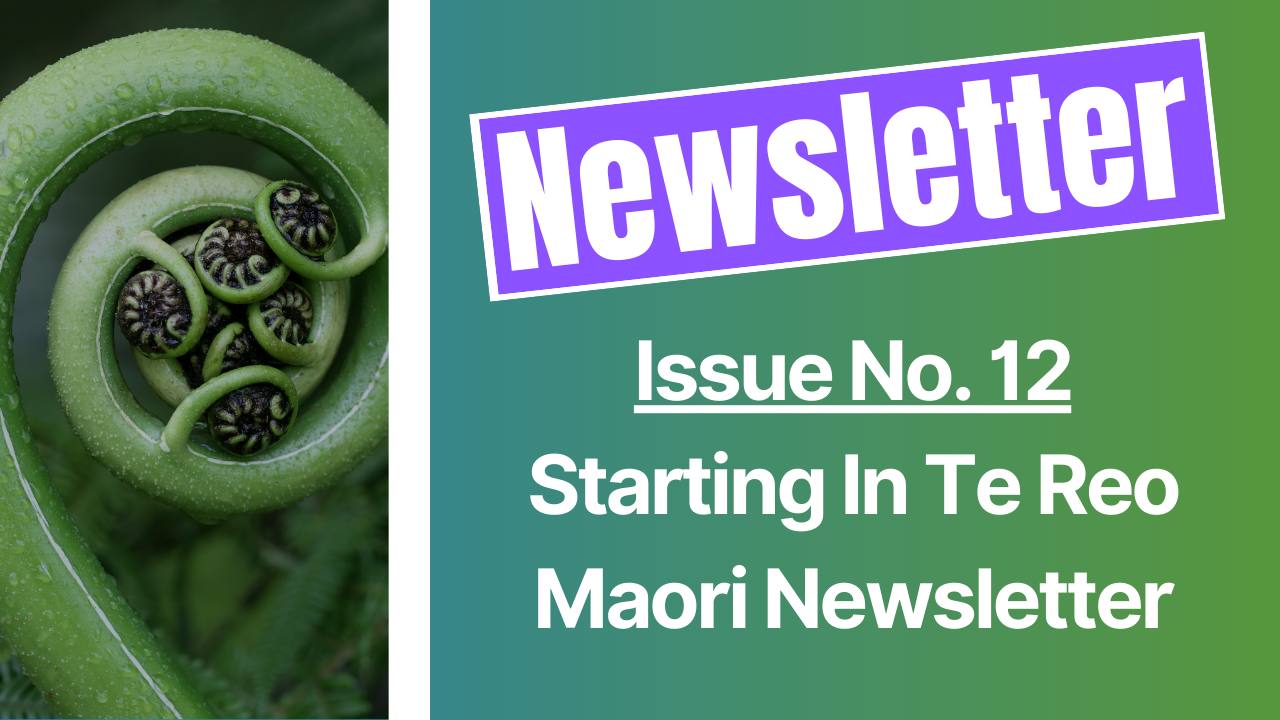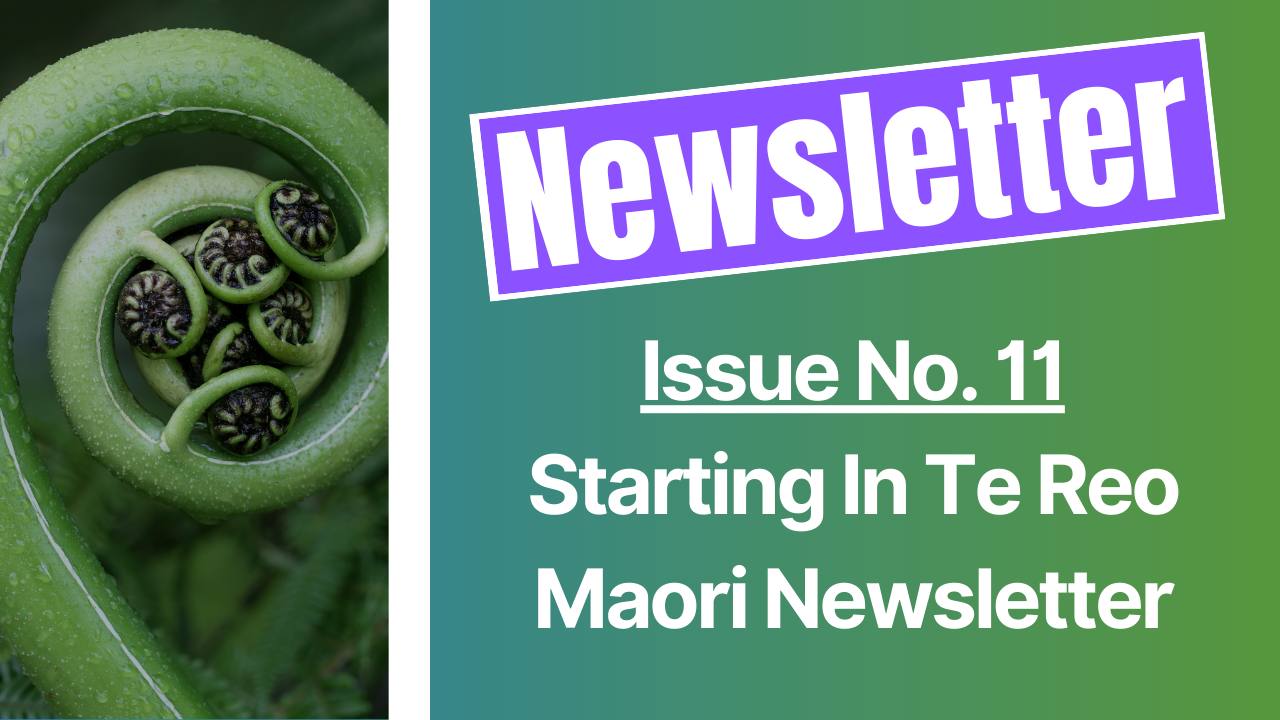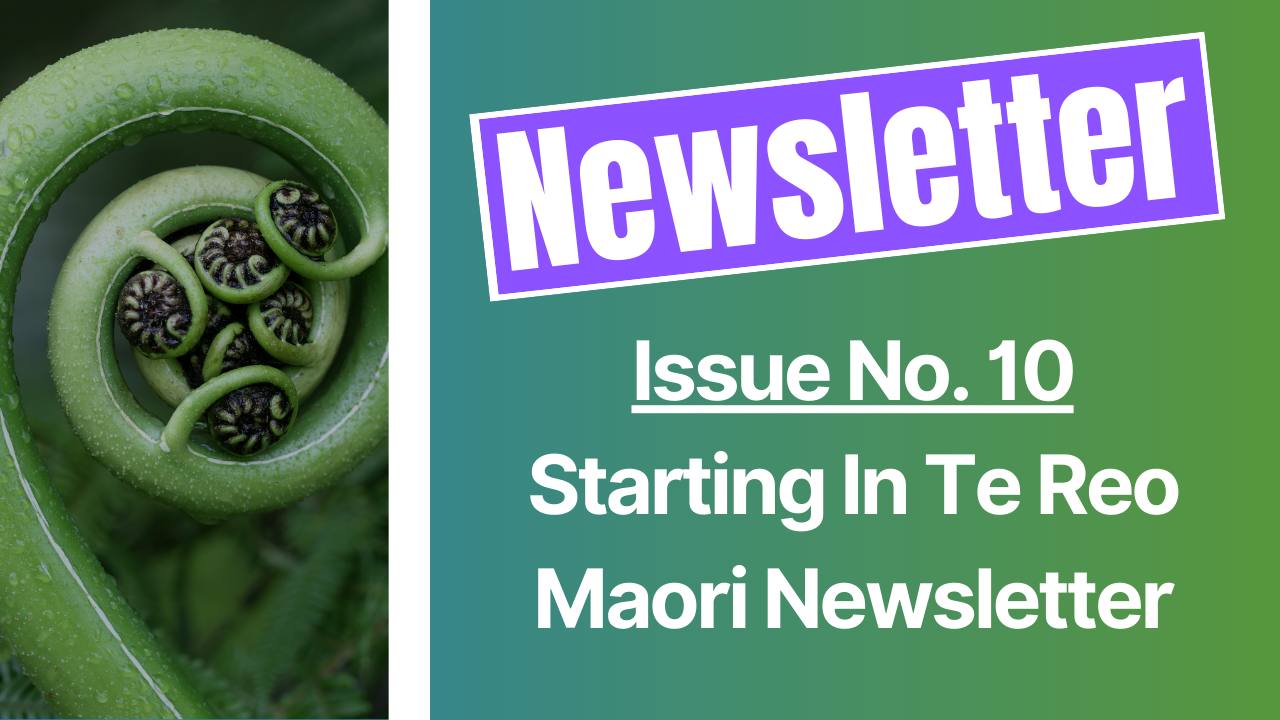6. Learn What You Already Know
One strategy you can implement TODAY to help your reo learning journey is to focus on what you already know...
Instead of focusing on what you don't know, focus on what you do know (and that is the English language!). It is much easier to frame your learning in this context.
Let's call this Contextual Learning.
Contextual Learning
Contextual learning means learning in real-life situations (that you're already familiar with) rather than in isolation. Instead of memorizing long vocabulary lists, you integrate new words and phrases into your existing daily experiences. This way, your brain connects the new language with familiar contexts, making it easier to recall and use naturally.
For example, if you already say “Good morning” every day, switching to “Morena” doesn’t require extra effort—you’re simply replacing the words in a situation you already understand.
The 80/20 Rule in Language Learning
The Pareto Principle (80/20 rule) states that 80% of outcomes come from 20% of inputs. Some familiar examples are:
- 80% of a sports team's points are scored by only 20% of the players.
- 80% of sales come from 20% of the product line.
- 80% of your knowledge is used 20% of the time.

In language learning, it can be estimated that about 80% of what you say daily comes from just 20% of your vocabulary. Instead of trying to learn a broad range of Māori words (which you might do in a generic education environment), focus on kupu that replicate what you're already saying in English.
For example:
-
Greetings: Kia ora, Mōrena, Pō mārie (hello, morning, good night)
-
Common actions: Haere mai, E noho, Taihoa (come here, sit down, wait a moment)
-
Useful phrases: Ka pai! Kei te pēhea koe? Pai noa (well done! how are you? all good)
Can you see how less stressful and more seamless this approach to learning could be? I hope so!
How to Apply This to Te Reo Māori
Here are three simple ways to incorporate Māori into what you already do:
-
Replace Common English Words with Māori
-
Instead of “thanks,” say “ka pai” or “ngā mihi”
-
Instead of “yes” and “no,” use “āe” and “kāo”
-
Call family members by their Māori names (Māmā, Pāpā, Tuakana, Teina)
-
-
Label Your Environment
-
Stick notes on everyday objects (rūma = room, kūaha = door)
-
Change your phone settings to te reo Māori
-
Learn Māori place names in your local area
-
-
Practice Speaking in Context
-
When ordering food, try saying “He kawhe māku” (a coffee for me)
-
When greeting someone, add “Kei te pēhea koe?” (how are you?)
-
Use Māori in social media captions, emails, or text messages
-
Challenge for the Week
Try incorporating five new Māori words or phrases into your daily routine this week.
Firstly, identify high-use words or phrases (this will be different for everyone).
Secondly, translate those words or phrases. If they are quite common, you'll no doubt find a translation online.
Thirdly, start using them!
Manaaki Membership
Kia ora!
The Manaaki Membership offers you the chance to join an exclusive members-only group on the YouTube platform to support this kaupapa.
For less than the price of a small coffee, your monthly contribution provides you with YouTube-specific member perks including:
- Enhanced profile features.
- Early access to featured videos (before they become public).
- Members-only content including posts, images, and videos.
- Member shout-outs across social media.
Click the link below to join the Manaaki Membership today!
|
Starting In Te Reo Māori Starting In Te Reo Māori is kaupapa designed to help you move from Confusion to Clarity on your reo Māori journey. An Australian-born Māo... www.youtube.com |
Thanks for reading this week's Newsletter.
Mauri ora!






Responses